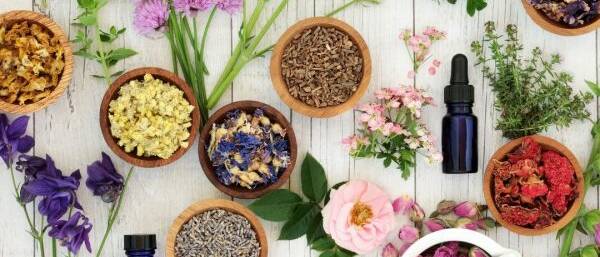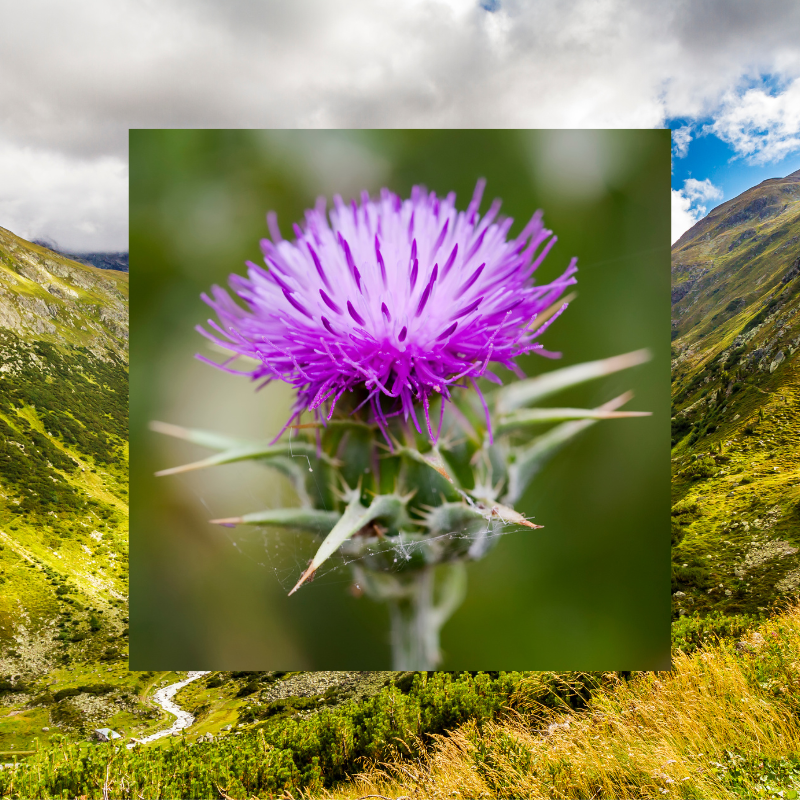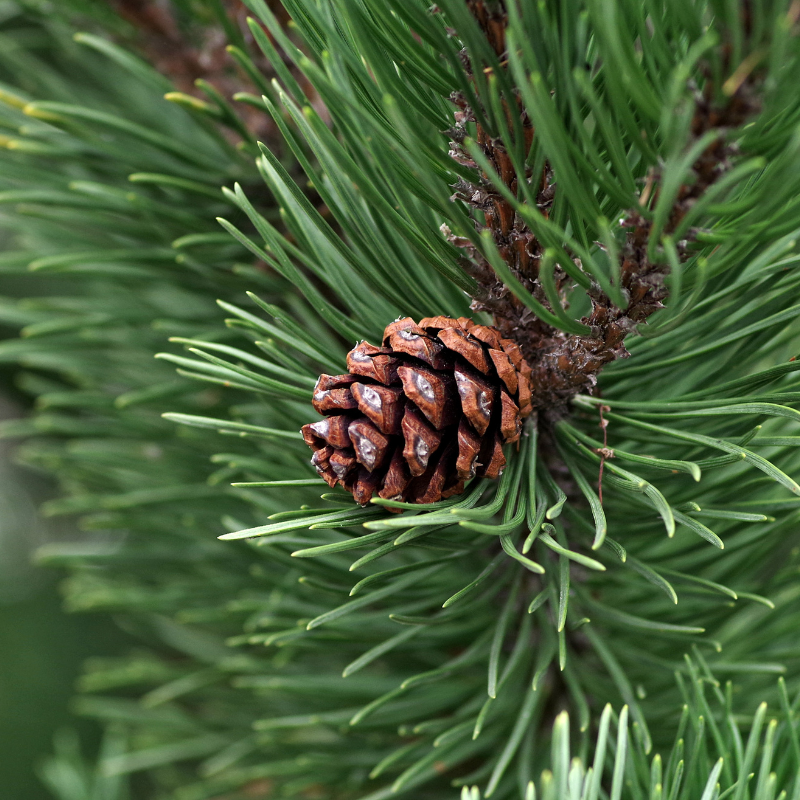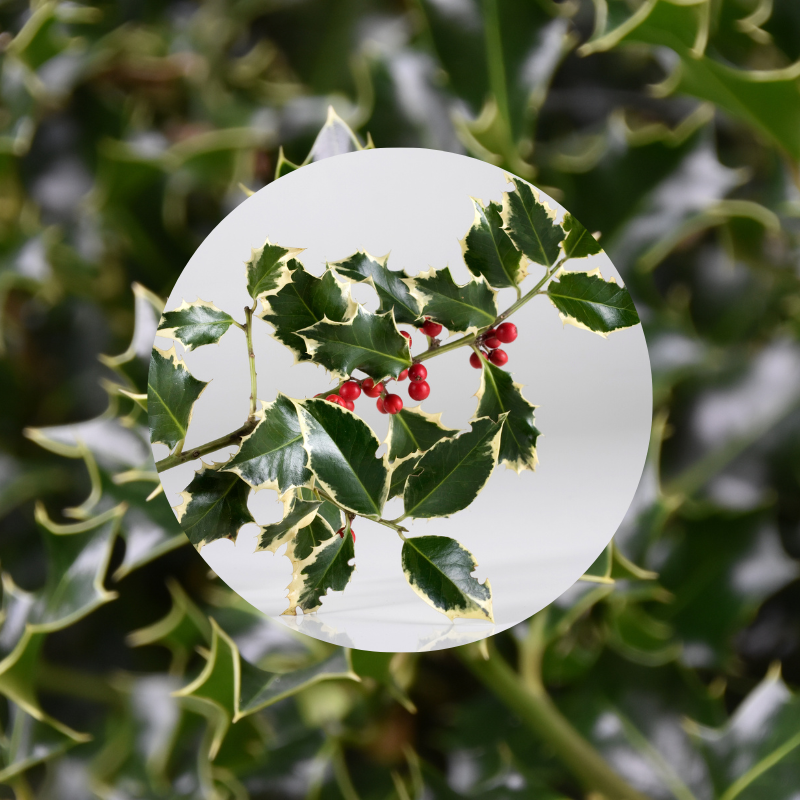What is Herbal Medicine?
As a human race we are reliant on plants for everything!
For our food, clothing, shelter and of course…medicine.
Herbal medicine is the oldest form of healing known to humanity.
Many of us do not realise it but that coffee you drink in the morning to help you face the day is herbal medicine!
75% of the world’s population rely on plants as their primary healthcare.
This is no bad thing considering many pharmaceutical drugs are just synthesised plant compounds such as aspirin, the contraceptive pill or digoxin.
Plant medicine tends to come without the side effects associated with pharmaceutical drugs.
We have evolved with plants so our bodies understand how to work with them.
So much so that many medicinal plants are in fact foods!
Nettle is so rich in vitamins, minerals and protein that it should be sold as a superfood alongside expensive acai berries or chlorella!
Burdock a common ‘weed’ used for liver support and skin conditions can be bought in Asian food shops under the name gobo.
Our diets have become limited by what supermarkets sell us but there is an abundance of plants out there that we can use for nourishment and healing!
So how else is herbal medicine practised?
As well as eating plants, there are so many other ways that we can use herbs for healing.
This makes herbalism so exciting and inclusive because you will be able to find a way that works for you!
Medical Herbalism
Many people will dismiss herbal medicine as ineffective. However, as a I mentioned before, if you drink coffee then you know it works!
However, we now have so much research coming out on different herbs that it is quite possible to use herbs as a doctor would and prescribe them for different conditions.
For example; we have plenty of evidence and have analysed the compounds in hawthorn to know that it is a heart tonic and has been used successfully for hundreds of thousands of people to treat blood pressure.
Therefore, combining the Western scientific tradition and herbal medicine might appeal to you.
Quick note:
Although we do have scientific research on certain herbs, unfortunately, science cannot quite keep up with the vast amount of ways herbs have been used in different schools of healing.
This is due to funding of research and also the fact that herbs have too many variables to work well in a clinical trial.
A key problem is that every plant according to where, how, when it has grown and how it has been harvested and prepared will have varying amounts of medicinal compounds.
On top of this, most herbalist prescribe based on the person not the disease. Therefore, if five people see a herbalist with the same symptoms of a cold, they would all get five different prescriptions! This is because the herbalists takes into account the individual qualities of the person which cannot be replicated in a clinical trial!
Finally, most herbal traditions use more than one herb in fact some will combine over 50 different herbs in a formula! As you can imagine this is a nightmare to then consider the interactions between the herbs themselves!
Ayurveda, TCM, Unani Tibb, Western Herbalism (and many more)
We have some incredible traditions of medicine using herbal medicine. Ayurveda and Traditional Chinese Medicine (TCM) are the two biggest herbal traditions in the world and their medical texts date back thousands of years.
Both are extremely advanced in their treatment of disease.
I went to an Ayurvedic museum in Kerala and saw surgical instruments for rhinoplasty – the technique was documented in the Vedas by Sushruta c.600BC using herbs like liquorice to support the healing!
What these traditions have in common is a concept called energetics to treat disease. This involves matching the herbs with the person through understanding how the disease has manifested.
A person might be hot, cold, dry or damp and we would use herbs with the opposite energetics to treat the condition. So a hot person might need cooling herbs such as yarrow or a dry person may need moist herbs such as marshmallow.
In TCM they would use tongue or pulse diagnosis to understand the energetics of the organs or in Western Herbalism they might use astrology too.
All traditions though have an understanding of the five elements that govern plants, people (and the planets) which are fire, water, earth, air and ether and the energetic principles that correspond to the elements to use herbs successfully.
Spiritual Herbalism
If you are more right brain inclined, then the Shaman’s playground might be the solution! This usually involves connecting with the plants on more of an energetic or spiritual level. For example; using herbs in rituals, smoking them, smudging them, wearing them as protective amulets or casting spells!
As you can imagine this does not fit well with the scientific tradition but this does not mean it is any less effective.
There are many schools of thought with herbal medicine ranging from using herbs in capsules to fermenting herbal beers, to making flower essences or consuming large amounts, to working with only local plants or instead just exploring herbal delights for further afield.
For me this feels like a testimony to the power of plants that they can be effective for so many people in so many ways.
One barrier though is that some fear that herbal medicine is unsafe. There are certainly plants that can cause harm. You cannot buy these in general commerce though and if you want to harvest your own herbs then you quickly learn to identify these!
However, to put this in perspective, it is estimated that in the US alone there are 100,000 deaths annually caused as a result of taking prescription drugs in the correct way they have been prescribed. This means that taking properly prescribed drugs the fourth leading cause of death in the U.S.I cannot find any data on annual deaths through herbal medicine….(I have tried!)
Of course, there is plenty of life-saving medication out there but luckily we don’t need to make a choice between just using pharmaceuticals or herbal medicine.
We can integrate what works for us in our healing journey!
IF YOU LIKED THIS POST you might love these
Natural remedies for constipation
13 November 2021
Support immunity with glutathione
31 October 2021
Pine Medicine and Mystery
27 December 2020
The folklore of holly – the mythology and magic
24 December 2020






